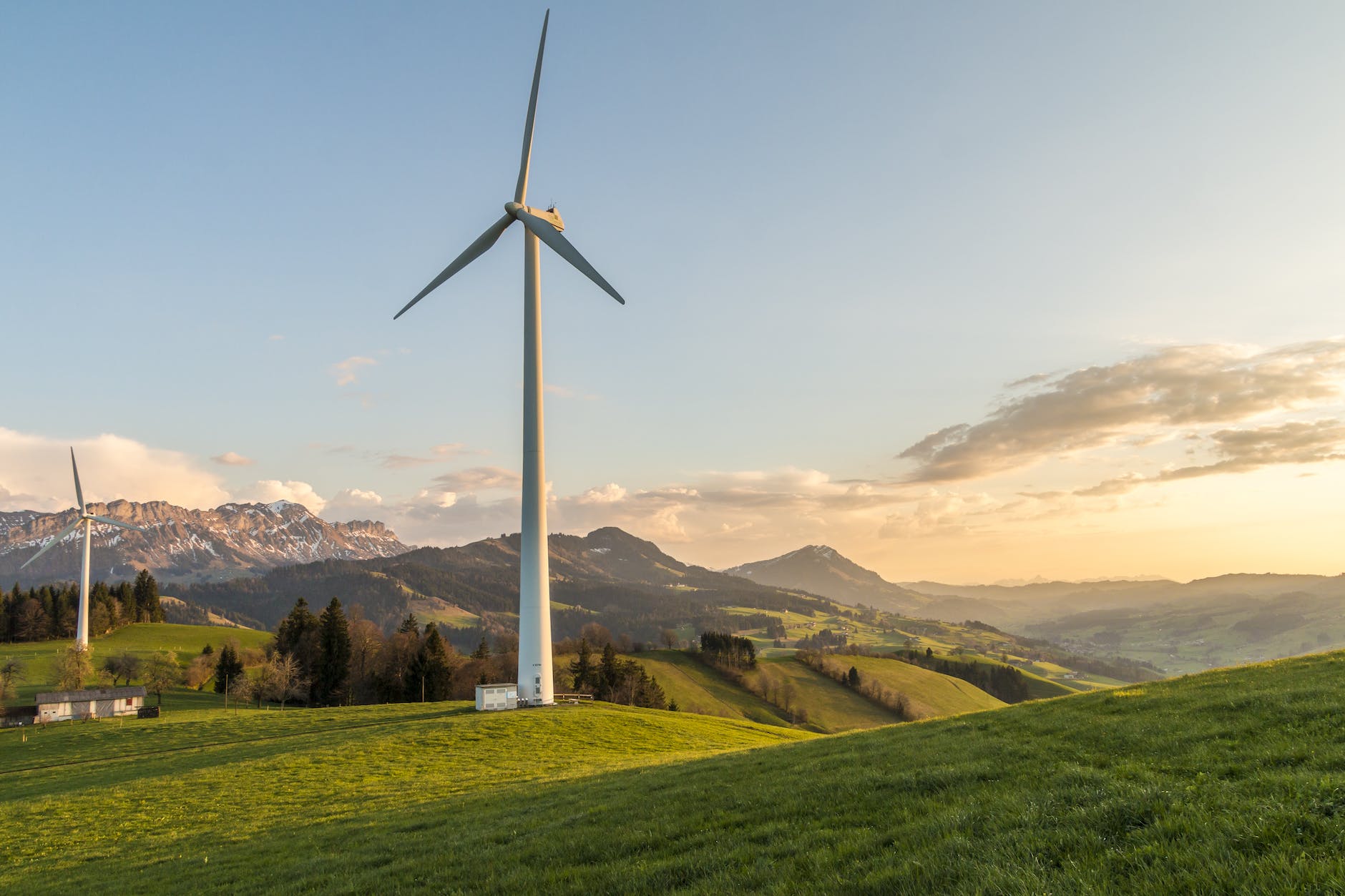
Renewable energy sources have emerged as the cornerstone of a sustainable and fossil-free energy future. As the detrimental effects of fossil fuels on the environment become increasingly evident, the latest developments in solar, wind, hydro, and geothermal energy offer promising alternatives. These renewable resources hold immense potential to replace traditional fossil fuels, mitigate climate change, and foster a cleaner and greener world. In this article, Green Success Stories breaks down 4 types of renewable energy and their efficiency.
Solar Energy:
Solar energy is one of the most abundant and accessible renewable resources. The latest developments in solar technology have led to more efficient photovoltaic (PV) panels and concentrated solar power (CSP) systems. These advancements have increased energy conversion rates, making solar energy more cost-effective and practical. Additionally, innovations such as building-integrated solar panels and solar farms have expanded the deployment of solar energy in urban and rural settings alike.
Wind Energy:
Wind energy has witnessed substantial progress with the development of advanced wind turbines and improved turbine design. Offshore wind farms have emerged as a significant trend, taking advantage of stronger and more consistent wind speeds at sea. Innovations like floating wind turbines and digital control systems further enhance the potential of wind energy to provide a substantial portion of global electricity needs.
Hydro Energy:
Hydropower, harnessing the energy of flowing water, has long been a reliable renewable energy source. Latest developments include low-head hydropower systems that can be installed in small rivers and streams, reducing the ecological impact compared to large dams. Pumped-storage hydropower facilities are also gaining traction as an efficient method of storing excess energy generated by other renewable sources for later use.
Geothermal Energy:
Geothermal energy, tapping into the Earth’s natural heat, has enormous potential to provide consistent and reliable power. Enhanced geothermal systems (EGS) and binary cycle power plants are advancing geothermal energy’s reach beyond areas with naturally occurring geothermal reservoirs. With more research and investment, geothermal energy could become a major player in the renewable energy mix.
Potential to Replace Fossil Fuels:
The collective progress in solar, wind, hydro, and geothermal energy showcases the transformative potential of renewable sources to replace fossil fuels. By transitioning to these clean alternatives, we can reduce greenhouse gas emissions, combat climate change, and decrease our dependence on finite fossil resources. Furthermore, renewable energy decentralization enables communities to generate their own power, fostering energy independence and resilience.
The latest developments in renewable energy sources represent a pivotal moment in the global pursuit of sustainability. With solar, wind, hydro, and geothermal energy at the forefront, we have the means to create a future free from the harmful effects of fossil fuels. Governments, businesses, and individuals must unite to accelerate the adoption of renewable technologies, invest in research and development, and create supportive policies. By prioritizing renewable energy, we can collectively shape a cleaner, greener, and more sustainable world for generations to come.




